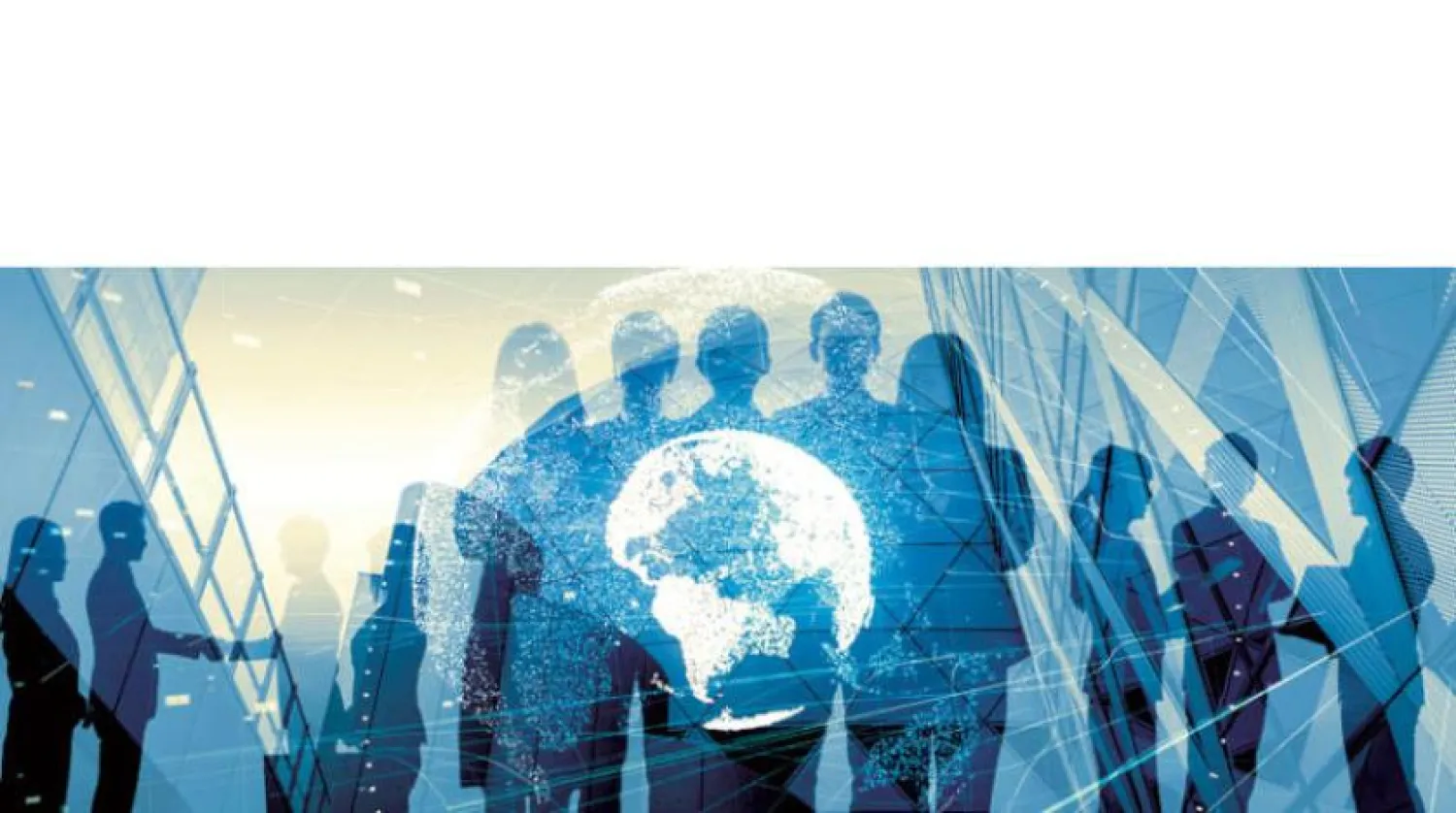When the World Wide Web first emerged, Silicon Valley was brimming with feeble, vulnerable startups. At the time, the US government decided not to regulate these startups, allowing them to continue their bold growth to the greatest extent possible. That is what happened. Today, these companies have become global household names and are some of the largest in the world, with some valued at over a trillion dollars. Unfortunately, however, some of those companies have obnoxiously brandished that power to cement themselves at the expense of the interests of their customers and their potential competitors.
In a recently published book entitled The Digital Republic: On Freedom and Democracy in the 21st Century, Jamie Susskind, a British barrister, brilliantly unpacks this controversial issue. It addresses a fundamental question that concerns the entire world: What is left of our humanity and human relationships after the emergence of the internet, one of the most prominent fruits of technological development? Where is it leading the billions of us unable to keep our thumbs off our small devices?
Susskind explains that the central problem of the internet is its “unaccountable power.” While at first, power was largely exercised by libertarian-inclined technologists who knew how to code, today, it’s in the hands of corporations and wealthy individuals who resist being regulated and are keen on a kind of “market individualism.” “Unlike in medicine, there are no mandatory ethical qualifications for working as a software engineer or technology executive. There is no enforceable industry code of conduct. There is no obligatory certification. There is no duty to put the public ahead of profit. There are few consequences for serious moral failings; no real fear of being suspended or struck off.”
Their power means that none of us is free. We have to follow their dictates. We have to forgo any rights we may think we have as we “consent” to online agreements no one has the time to read, let alone understand. If you’ve read one before, you know how ambiguous they are intended to be and how loaded they are with imprecise terms that internet companies can explain however they like. Thus, there is no point in reading them. It is not like you can negotiate to remove an article you do not agree with. Either you forgo all your rights, or you do not enter. Such unilateral agreements are normally thrown out in court.
While Susskind is keen on our “naughty” side — our inclination to avoid and bend the rules. Humans will exceed the speed limit, skip paying a metro fare, try to see two films while at the cinema, not signal a turn when no one is in sight and so on. Susskind suggests the development of a code, even a body of law, that protects individuals from depredation and manipulation while at the same time calling for “as little state intrusion as possible.” The author takes a cautious, reasoned approach to the attendant problems, noting, for example, that “the simplest form of platform power is the ability to say no.”
Susskind thus revives the concept of the republic in the ancient Greek sense of the word. These republics demanded joint efforts and mutual respect to manage properly. He calls for the formation of mini-publics, ad hoc committees pulled together to deal with single issues. They would have the power to require a new law, call a referendum, or ban some practices. And then disband these entities and allow their members to go back to their lives. This approach, which also goes by the name democracy, is a means of keeping lobbyists and special interests out of the process. There are no parties, no re-election campaigns, and no fundraising. The matter can be summed up by saying that the members of this republic assess the situation and address any problem facing society in the best way to solve it.
From here, he develops his classification of the overall problem. He sums it up into five main points.
First, big technology companies wield real power that should be regulated. Second, technology is not neutral, objective or apolitical. Third, digital technology is framed entirely in terms of the market economy. Fourth, there is nothing natural or inevitable about the emergence of Big Tech; everything can happen at any time without any restrictions. As for the fifth problem, it is that we have catered to Big Tech companies in terms of market individualism instead of regulating them as service corporations.
Building on this assessment, Susskind directs a lot of his criticism at Facebook, its lies, and its hypocrisy. Facebook’s privacy policy “is almost as difficult to understand as Immanuel Kant’s 1781 treatise Critique of Pure Reason, a book so impenetrably dense that philosophy students tremble at the very thought of it.” But there is also an unfortunate truth: “Social life and social media became inseparable” with the coming of Facebook.
Susskind wants to turn everything in Big Tech into a profession. Accountants and lawyers need degrees and licenses; they display them prominently. Why not require software engineers to do the same? Also user experience professionals, privacy professionals, platform professionals, ecommerce professionals and so on down the line. If they could lose their right to work or be fined or publicly humiliated, the internet would look very different; it would change for the better. The internet is so important to society. It is scarcely believable that no one needs any kind of certification to build or run it. There are no educational requirements to gather and sell everyone’s personal data to advertisers for whatever they want to do with it. Regulators should check those credentials, measure what is out there against published regulations, and discipline those who transgress. It is how the modern world works — except in Big Tech.
The Digital Republic demonstrates a couple important things. One, the problems are many and gigantic. And two, they are, for the most part, manageable with a mix of logic and common sense.









